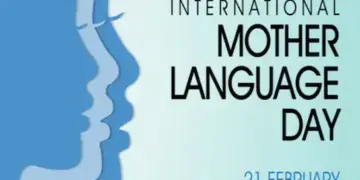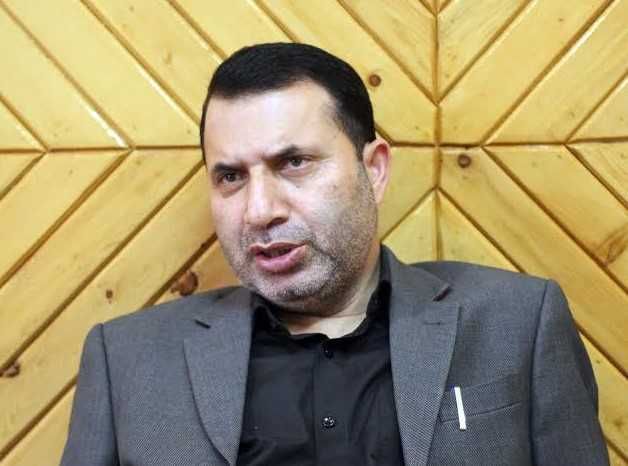By: Arshid Qalmi
Kashmir, known for its breath-taking landscapes and rich traditions, now faces unprecedented shifts within its social fabric. Behaviours once unimaginable, drug abuse, gambling, stabbings, and extramarital affairs, are quietly becoming more normalized, threatening family values and community unity. While modernization offers avenues for growth, it has brought complex challenges, risking erosion of our cultural foundations.
The easy accessibility of explicit online content has exposed Kashmiri youth to ideas about relationships and lifestyles often at odds with traditional values. The resulting confusion can lead to behaviours misaligned with cultural expectations, eroding the sense of identity and belonging. Prolonged regional conflicts and limited local employment have created significant frustration among the youth. With few viable job prospects, many young people turn to gambling as a tempting but dangerous shortcut to wealth, often leading to cycles of debt, despair, and destructive behaviours. Economic pressures, migration, and evolving family structures have diluted traditional support networks. As family interactions lessen, youth may lack the guidance needed to navigate complex life challenges, leaving them vulnerable to negative influences. Continuous exposure to political instability has had a lasting impact on mental health. Unaddressed trauma manifests as aggression and risky behaviour, such as drug abuse or violent acts, with long-term implications on personal and community well-being. A culture increasingly driven by instant gratification pushes some to seek success through risky ventures, including gambling and substance abuse. These activities provide a temporary escape from hardships but often lead to destructive paths.
Reclaiming Kashmir’s cultural heritage requires a concerted, multi-faceted approach, where each community member plays an active role in nurturing resilience and fostering unity.
Parents must openly discuss difficult topics, such as relationships, substance abuse, and peer pressure, before external influences take hold. By guiding with empathy and openness, parents can create safe spaces for youth to express their struggles, leading to healthier decisions. Schools should extend beyond academics to promote life skills and moral values. Teachers play a crucial role in not only educating but also mentoring students, encouraging them to think critically about the choices they face and the consequences those choices carry. Religious and community leaders hold significant influence over societal attitudes. By raising awareness about the dangers of behaviours like drug abuse and gambling, they can cultivate a sense of shared responsibility. Initiatives led through local mosques, community centres, or educational institutions provide safe spaces for youth to share their challenges and aspirations. Accessible mental health services, from counselling to support groups, are essential. Psychological support helps individuals cope with stress, trauma, and social pressures, ultimately fostering a resilient community. Rehabilitation centers and educational programs can offer those who have strayed a chance to rebuild their lives. Policymakers and law enforcement should work to curb drug trafficking and gambling through strict regulations. Beyond punitive measures, resources should be available for rehabilitation and recovery, ensuring individuals have a path to reintegrate into society positively.
Our mission is to instil a balanced perspective in young Kashmiris, a generation that respects tradition yet embraces growth mindfully. This journey involves self-discovery and resilience, where mentorship from family and community becomes essential. By empowering youth with emotional intelligence and self-worth, we enable them to make choices that not only elevate their lives but also contribute positively to society.
The relationship between elders and youth must be one of mutual respect, where experience and cultural wisdom meet open-minded aspirations. Bridging generational gaps creates continuity in values, forming a community resistant to negative influences.
Reclaiming Kashmir’s cultural legacy is a shared endeavour. By preserving our identity while adapting responsibly, we can build a vibrant society where values thrive alongside modernity. With patience, empathy, and dedication, we can shape a future where honesty, compassion, and unity remain at the heart of Kashmiri life. Our efforts today will ensure that Kashmir stands not only as a land of natural beauty but as a community that cherishes safety, resilience, and enduring cultural strength.
Aqalmi303@gmail.com






